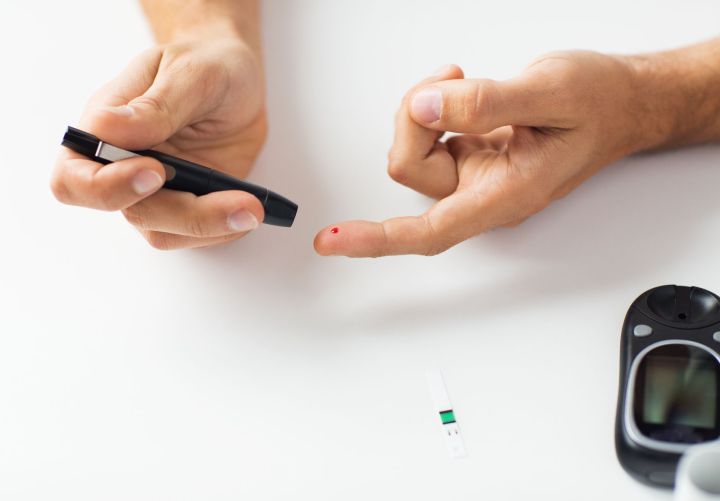
The Oxford work is published in the American Chemical Society journal Analytical Chemistry. The title of the article delineates the technology and is represented in in language that is endearing to chemists: “Portable Device for Measuring Breath Acetone Based on Sample Preconcentration and Cavity Enhanced Spectroscopy.”
Let’s break that down for the rest of us. It’s commonly known, especially by medical professionals, that untreated diabetics can have a “fruity” breath smell. That smell indicates the presence of acetone, the same compound used in nail polish removers as well as some stain and paint removers. Acetone is produced by humans as a natural byproduct of metabolism. When there’s a great deal of acetone in our breath, this indicates ketoacidosis, which in turn can indicate insufficient insulin in the bloodstream to absorb glucose — a sign of diabetes.
Just because someone’s breath smells fruity, however, doesn’t mean they are diabetic. There are so many other compounds in our breath that an accurate measure of acetone levels has traditionally required a mass spectrometer, a large and expensive machine. The Oxford researchers’ prototype breathalyzer is a reusable handheld unit that concentrates exhaled breath in a cavity and then uses an on-board near-infrared laser to accurately measure the acetone level in the sample.
In the Oxford testing, the small unit’s measurements across a wide range of concentrations were a “close match” to measurements from a mass spectrometer. The Oxford team is continuing work on the acetone breathalyzer in the hope that it could be used for earlier detection of diabetes.
The Oxford device won’t save diagnosed diabetics from their own daily blood glucose tests, but a group at the University of Cambridge is working on its own breathalyzer, aimed at measuring the molecule isoprene in exhaled breath. If the Cambridge team is successful, diabetics may also be able to avoid the annoying little pricks.



